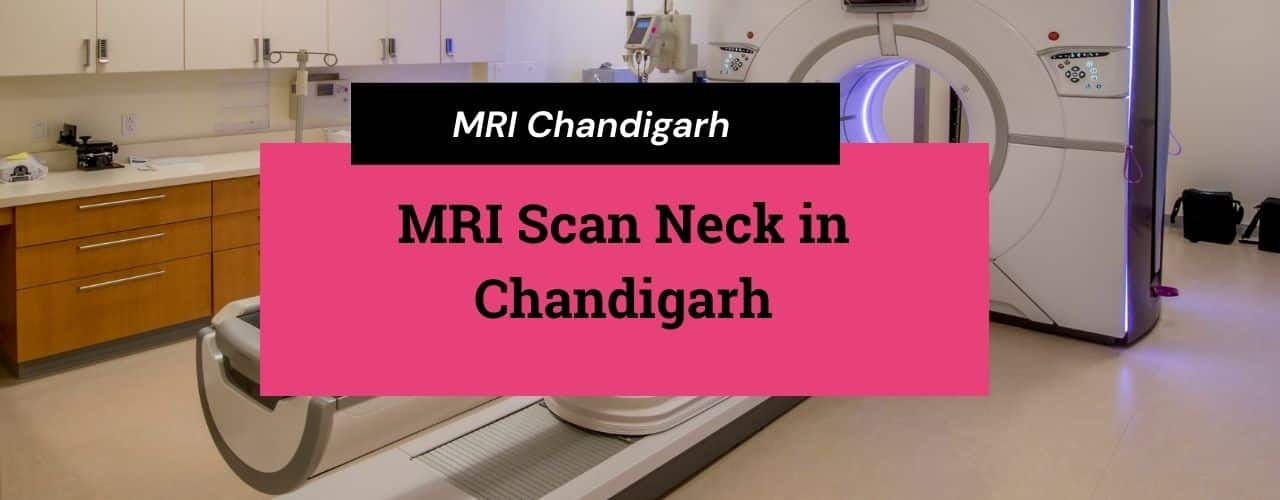If you experience problems that may be triggered by abnormalities within your neck structure, the physician may prescribe an MRI for the neck. You could detect a tumor, neck stiffness, or swallowing problems, or while checking your neck; your physician may feel anything like swollen lymph nodes.
In neck operation preparation, neck MRI scanning may be required. Your doctor may arrange a computerized CT scan or MRI scanning for the assessment of neck spinal injury. CT scanning is excellent for bone visualization whereas MRI is good for delicate tissue visualization.
Reasons for Neck MRI
A cervical MRI scanning seems to have the most prevalent reasons for identifying the sources of significant neck discomfort, typically indicating nerve conditions, which have not been cured by conservative therapy or in conjunction with leg weakness or unsoundness.
A cervical MRI scan may also be utilized for the identification of many, less frequent backbone diseases such as sclerosis, scoliosis, osteoarthritis, spinal infections, severe damage, or spinal shock. In addition, an MRI scanning can be performed as guidance for the operators, pre or post spinal surgery.
Important Findings
Herniated or “glide” discs, constriction of the back and neck (spinal stenosis), or irregular wearing of the joints and cartilaginous in the neck are frequent diseases that cause discomfort inside the neck which can be detected by neck MRI scanning (cervical spondylosis).
Less common observations are often any disease that may damage the neck’s delicate tissues. This includes Bones infections (osteomyelitis), disc-inflammation (diskitis), spinal illness, multiple sclerosis, damage and strain on the backbone, spinal cracks, or spinal lumps.

Comments